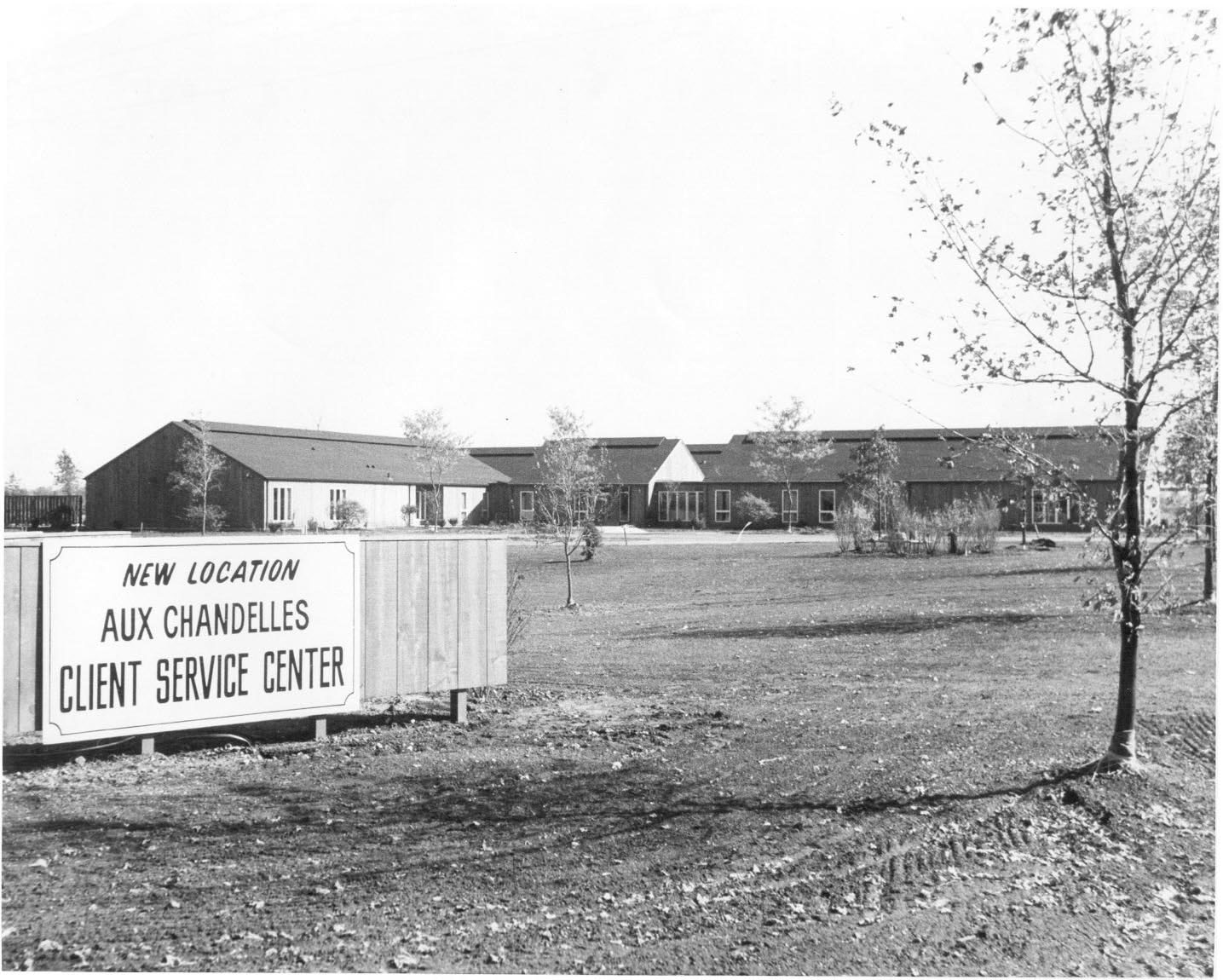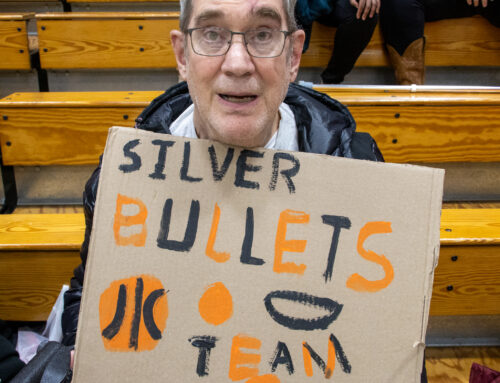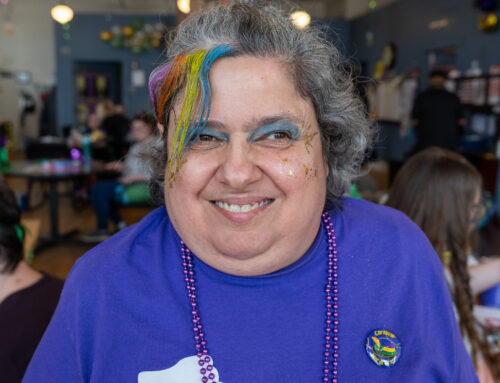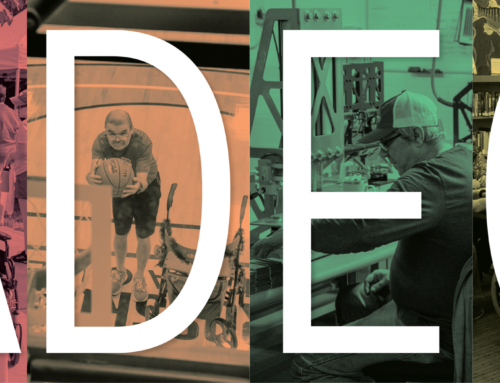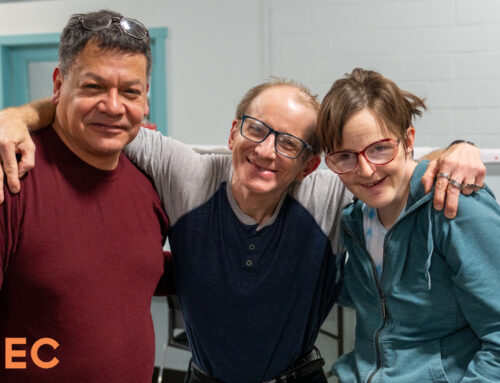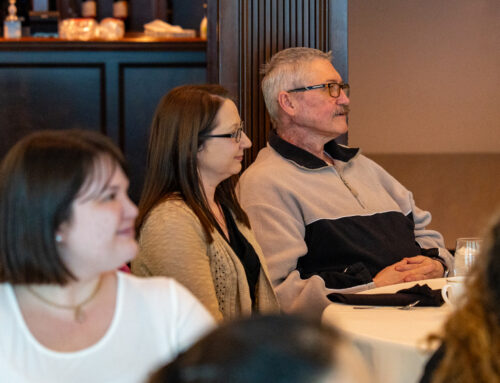If we don’t know where we’ve been, how can we possibly know where to go? In 63 years, we have come a long way. Technology has advanced, understanding has increased. However, ADEC’s underlying commitment and dedication to choice and possibility have been constant.
In looking through some of our historical records, I realized we have been advocating for independence and choice long before it was the recognized standard. When others were still using the institution system, ADEC committed to offering education and employment training opportunities so each person served could have every opportunity possible to succeed.
This is incredible history. Over the next few months, I hope to share stories, photos, annual reports and more with you so we can all gain a greater appreciation for the immense history of the organization we serve.
In this first column, I’d like to touch on language and discuss some of the antiquated terms that will show up in ADEC’s history. Upon our original founding in 1952, ADEC’s name was The Council for Retarded Children of Elkhart County. At this time in history, the words “retarded” and “mental retardation” were the medical definition for intellectual and developmental disabilities not yet understood.
Sometime in the 1960s, these terms began to be used as derogatory slang words. Also during this time, medical understanding of disabilities grew and terminology took on a more precise form. As we all know, these words have fallen from favor and there are whole campaigns dedicated to eradicating them from our daily vocabulary. You can learn more about the Special Olympics’ “Spread the Word to End the R-Word” campaign and sign the pledge here.
In 2008, a young man named John Franklin Stephens wrote a very powerful editorial, Using the word “retard” to describe me hurts. Stephens happens to have an intellectual disability. In this editorial, which you can find by following this link, he writes,
So, what’s wrong with “retard”? I can only tell you what it means to me and people like me when we hear it. It means that the rest of you are excluding us from your group. We are something that is not like you and something that none of you would ever want to be. We are something outside the “in” group. We are someone that is not your kind.
I want you to know that it hurts to be left out here, alone. Nothing scares me as much as feeling all alone in a world that moves so much faster than I do.
I share all of this to explain that we understand the challenges of vocabulary and to preface ADEC history with understanding and grace. While words we don’t appreciate will come up as we delve into the historical records, we know the people who founded ADEC did so with pure hearts and a constant dedication to what is right and good.
In the coming weeks, there will be articles on the couples who came together to found ADEC, how ADEC Industries came into being, the three separate agencies who came together to form one special place, the beginnings of each agency and some of the clients and staff who have been with us for the long haul. Stay tuned. This walk down memory lane is about to get a lot more interesting.
Pictured: Bristol Building 1 in the 1970s

